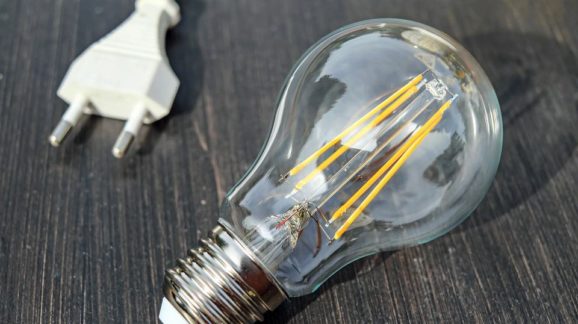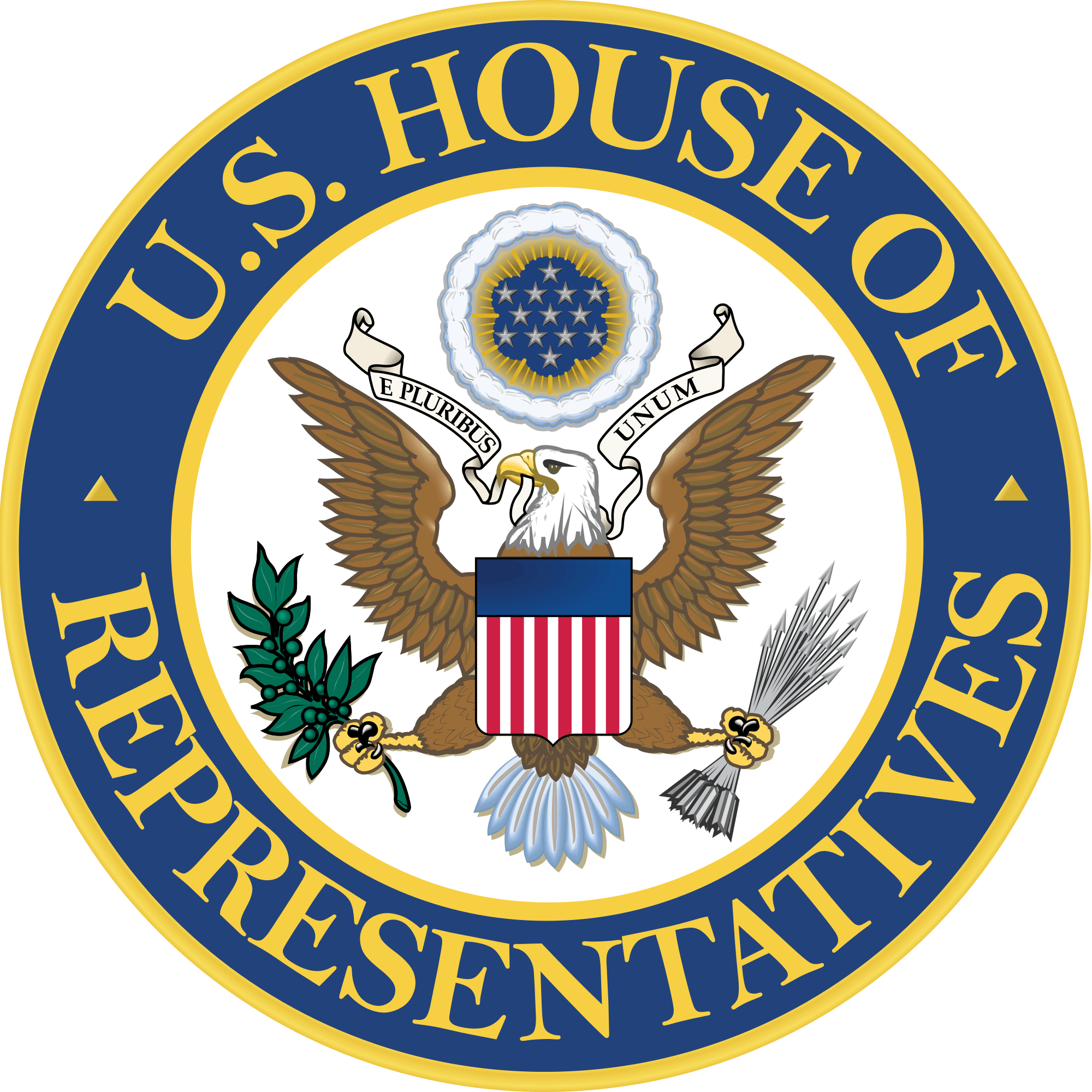On Climate Policy, ‘Low-Hanging Fruit’ May Not Be So Tasty

 On Wednesday, April 10, the House Energy Subcommittee will hold a hearing called Investing in America’s Energy Infrastructure: Improving Energy Efficiency and Creating a Diverse Workforce. The hearing will cover a number of bills, several of which provide federal funding and/or tax breaks for residential energy saving measures.
On Wednesday, April 10, the House Energy Subcommittee will hold a hearing called Investing in America’s Energy Infrastructure: Improving Energy Efficiency and Creating a Diverse Workforce. The hearing will cover a number of bills, several of which provide federal funding and/or tax breaks for residential energy saving measures.
These bills are often deemed “low-hanging fruit” in that they are supposedly uncontroversial ways to cost-effectively reduce energy waste and thus help both homeowners and the climate. However, free market critics generally don’t buy the “win-win” justifications for these federal programs, arguing instead that energy saving projects that make economic sense will usually be undertaken without Washington’s involvement. And a growing body of research, though unlikely to get much attention at the hearing, suggests that the free marketers have a point.
Consider home weatherization assistance. Federal programs providing millions of dollars to help low-income households pay for caulking and insulation have been around for years, though the Trump administration has threatened to zero them out. H.R. 2041 would, among other things, increase funding for weatherization to $350,000,000 annually through 2024. While the sizable Department of Energy bureaucracy and allied energy efficiency advocacy groups (sometimes called the “efficiency mafia” by those have had to deal with them) strongly support weatherization spending, at least a few economists have raised questions about it. For example, one study found that the added energy savings from weatherization programs amounted to only about half their cost and was only a fraction of the projected savings used to justify these programs in the first place.
While the intent of weatherization is to help the poor, other programs may inadvertently have the opposite effect. The hearing will also discuss a bill to expand rebate programs to encourage energy efficiency improvements around the house, such as adding solar panels or high efficiency heating and cooling systems. But at least one study found that these incentives disproportionately go to wealthier homeowners and have the effect of being a regressive tax. Other research refutes the conventional wisdom that such programs actually deliver net benefits by enabling worthwhile, energy-saving home improvements that would not have happened otherwise. The authors of these contrary studies (who, unlike the bureaucrats and activists don’t owe their living to these federal programs) believe the case for them is far from convincing.
Unfortunately, some Republicans have recently signaled a greater willingness to acquiesce to Democrats on climate issues, and if they do, this contrarian research will likely be ignored and the “low hanging fruit” bills may gain bipartisan support.